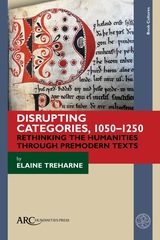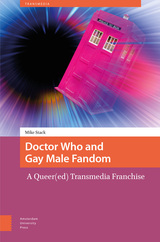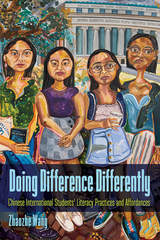8 start with G start with G
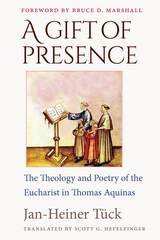
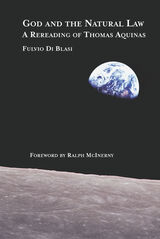
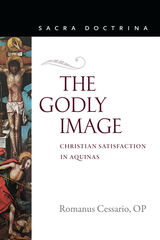
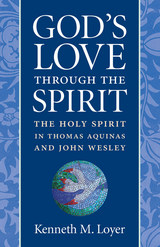
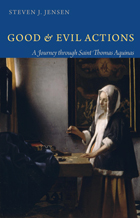

This appraisal of two of the most fundamental terms in the moral language of Thomas Aquinas draws on the contemporary moral distinction between the goodness of a person and the rightness of a person's living. Keenan thus finds that Aquinas's earlier writings do not permit the possibility of such a distinction. But in his mature works, specifically the Summa Theologiae, Thomas describes the human act of moral intentionality, and even the virtues in a way analogous to our use of the term moral rightness. To Thomas, only the virtue of charity expresses moral goodness. And, although Thomas describes vices and sin as wrong conduct, he never really develops a description for moral badness.Keenan compels us to carefully examine Thomas's central moral concepts and to measure them against contemporary standards for meaning and correctness. As a result, any student of Thomas will find here a forceful argument that his notion of the good is considerably different from ours. Similarly, ethicists and moral theologians will find in the Thomas presented here a consistent-virtue ethicist concerned with descriptions for right living. Any student of theology will also find here a Thomas whose critical and concrete thinking enabled him to develop and even abandon earlier positions as his comprehension of the Good evolved.
This analysis prompts a re-examination of our own concepts. Measuring Thomas's standards against our own, Keenan obliges us to ask whether we sufficiently understand rightness and moral intentionality. He also asks whether we correctly describe what it means to will or to desire something. He further questions whether we have surrendered our understanding of the virtues to the voluntarism and subjectivism which Thomas relentlessly critiqued. This historically sophisticated reading of the Summa Thologiae both allows Thomas to speak again as he once did, and affords us the chance to evaluate the way we describe ourselves and one another as being good and living rightly.
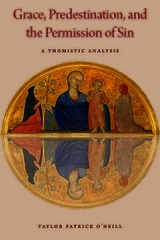
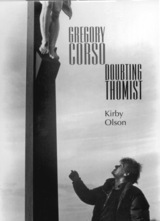
Gregory Corso is the most intensely spiritual of the Beat generation poets and still by far the least explored. The virtue of Kirby Olson’s Gregory Corso: Doubting Thomist is that it is the first book to place all of Corso’s work in a philosophical perspective, concentrating on Corso as a poet torn between a static Catholic Thomist viewpoint and that of a progressive surrealist.
While Corso is a subject of great controversy—his work often being seen as nihilistic and wildly comic—Olson argues that Corso’s poetry, in fact, maintains an insistent theme of doubt and faith with regard to his early Catholicism. Although many critics have attempted to read his poetry, and some have done so brilliantly, Olson—in his approach and focus—is the first to attempt to give a holistic understanding of the oeuvre as essentially one not of entertainment or hilarity but of a deep spiritual and philosophical quest by an important and profound mind.
In nine chapters, Olson addresses Corso from a broad philosophical perspective and shows how Corso takes on particular philosophical issues and contributes to new understandings. Corso’s concerns, like his influence, extend beyond the Beat generation as he speaks about concerns that have troubled thinkers from the beginning of the Western tradition, and his answers offer provocative new openings for thought.
Corso may very well be the most important Catholic poet in the American literary canon, a visionary like Burroughs and Ginsberg, whose work illuminated a generation. Written in a lively and engaging style, Gregory Corso: Doubting Thomist seeks to keep Corso’s memory alive and at last delve fully into Corso’s poetry.
READERS
Browse our collection.
PUBLISHERS
See BiblioVault's publisher services.
STUDENT SERVICES
Files for college accessibility offices.
UChicago Accessibility Resources
home | accessibility | search | about | contact us
BiblioVault ® 2001 - 2024
The University of Chicago Press


